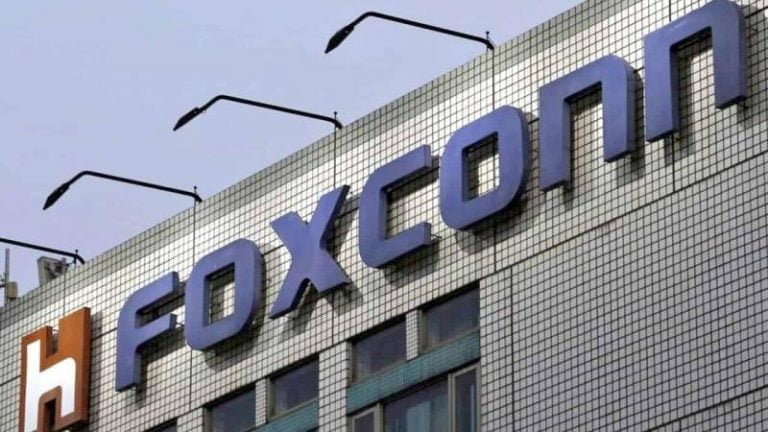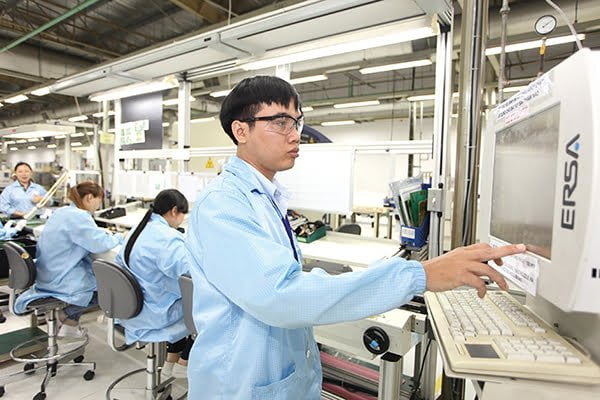After a journey of eight years, the Regional Comprehensive Economic Partnership (RCEP) has finally been signed on November 15, 2020, covering 10 countries of ASEAN and another five countries with whom ASEAN has pre-existing free trade agreements: Australia, China, Japan, Korea and New Zealand.
RCEP has a market of 2.2 billion consumers and a total GDP of $26.2 trillion that accounts for around 30 per cent of global GDP, thus forming the largest free-trade bloc the world has ever seen. Member countries will join an open market for goods and services, investment opportunities, leading to increased trade and simplified customs procedures.
The online signing of the pact, despite the prolonged COVID-19 pandemic shows the determination of the 15 member countries’ governments to collaborate, connect, and together build a thriving global economy. Although international trade continues to face uncertainties, the signing of RCEP underscores the belief in market openness and that it will lead to greater economic growth.
The RCEP’s important role will be further highlighted to help drive the economic recovery after the COVID-19 pandemic. The deal will boost regional supply chains and help Vietnam and ASEAN economies thrive. Intra-Asian trade, which is already larger than Asia’s trade with North America and Europe combined, will continue to power global economic growth and move the economic centre of gravity towards Asia.
“We can see the prominence of Vietnam as the current chair of ASEAN this year, through the decision to take an unconventional approach in pushing the deal to be signed. With the substantial benefits that are expected to be gained, RCEP is one of the most important priorities in Vietnam’s trade integration strategies,” said Tim Evans, CEO of HSBC Vietnam.
The country has been a strong advocate of economic openness and has already signed 12 multi- and bi-lateral trade agreements, the most recent being the EVFTA which was ratified in June. RCEP can help provide additional impetus for Vietnamese companies to expand into new export markets, take a greater part in regional supply chains and ultimately attract more foreign investment.
Vietnamese businesses are looking forward to the deal taking effect to reduce tariffs together with customs simplification as well as expanding their market of exports. Furthermore, Vietnamese companies can now also gain access to material sources from different countries for its exports while meeting the rule of intra-regional origin so as to enjoy further reduced tariffs.
“We look forward to the deal taking effect in 2021, which should help stimulate economic growth following the impacts of COVID-19 in 2020. We hope RCEP members will build on the progress they have made and help further liberalise trade and investment in the region,” Evans added.



